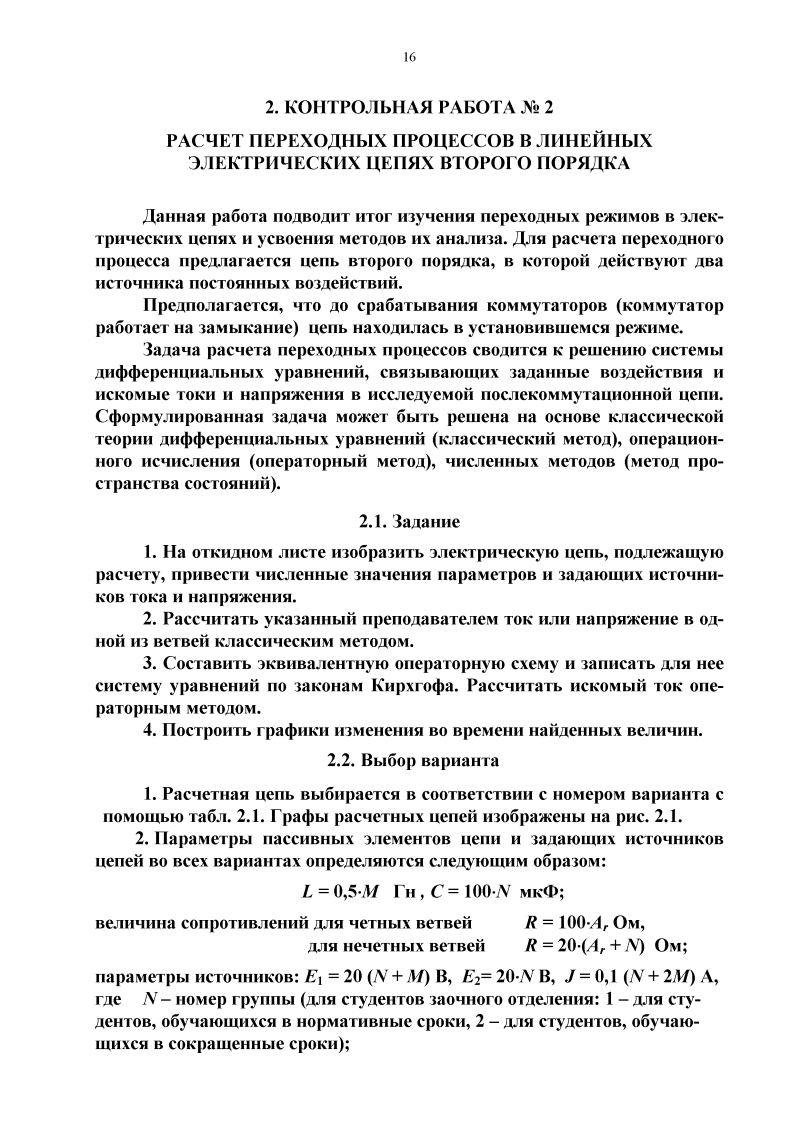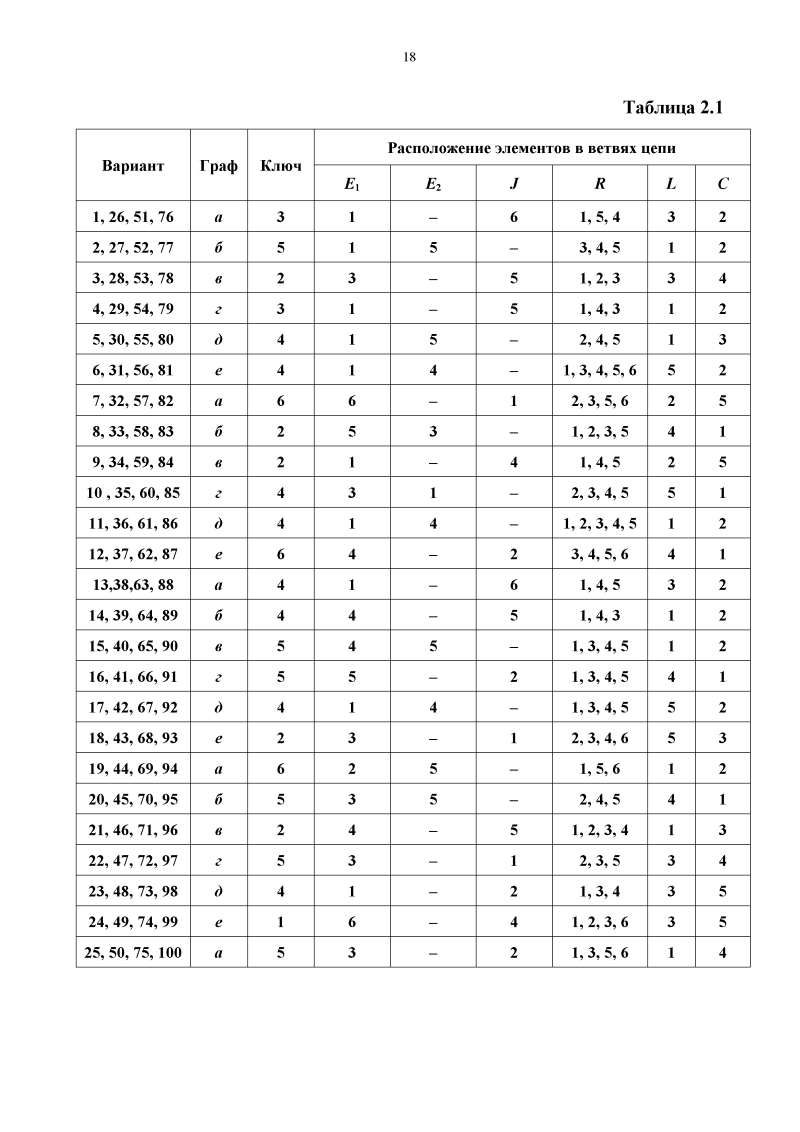

Ben-Efraim YJ, Wasserman D, Wasserman J, Sokolowski M. Family-based study of HTR2A in suicide. Mehl-Madrona L, Jul E, Mainguy B. Results of a transpersonal, narrative, and phenomenological psychotherapy for psychosis. Introduction to the STAR*D special section. Seenly. Popovic D, Torrent C, Goikolea J, et al.
This book presents the major philosophical doctrines of phenomenology in a clear, lively style with an abundance of examples. The book examines such phenomena as perception, pictures, imagination, memory, language, and reference, and shows how human thinking arises from experience.
It also studies personal identity as established through time and discusses the nature of philosophy. In addition to providing a new interpretation of the correspondence theory of truth, the author also explains how phenomenology differs from both modern and postmodern forms of thinking. Tags: download, robert sokolowski, ebook, pdf, introduction to phenomenology Download from mirrors Filename Size Link introduction_to_phenomenology.pdf 3.7 Mb introduction_to_phenomenology.zip 3.33 Mb introduction_to_phenomenology.torrent 0.18 Mb.
Verbace free. 24, 2015 File Size: 7.87MB Price: 34.95 Release date: April 24, 2015 Publisher website: Requirements: None File name: VerbAcePro_ArabEng_2.x.exe Availibility: Free to try Free Version Limitations: 7-day trial Supported Operating systems: Windows 2000/XP/Vista/7/8 Product Description VerbAce is a translation tool with an extensive Arabic-English-Arabic dictionary and a unique morphological analysis engine that was developed as an academic research project. The easy-to-use one-click user interface allows a quick translation of any text word.
The phenomenological tradition, an oft used misnomer for 'Continental Philosophy,' diverges from Analytic philosophy in dramatic ways. One commentator stated, possibly disparagingly, that the Analytic side is all about problems while the Continental side is all about proper names. Regardless of that statement's veracity (both traditions seem equally addicted to eminent names), newcomers to phenomenology, or even to the Continental tradition altogether, will find the fibers of this book almost unsullied by proper names. In near defiance to the stereotype above, it seems populated with problems. For many of these it even suggests solutions. Though phenomenology comprises only part of the entire Continental lineage, it nonetheless played a massive role in that tradition's development.
Heidegger and Sartre, names known everywhere, founded their thought in phenomenology and simultaneously expanded its influence and scope. Anyone desiring to understand either major figure's thought should ground themselves in the concepts, terminology, and approach of this introduction.

Human experience provides the basis for phenomenology. No matter how 'elevated' the cognition, in phenomenology our shared human faculties provide the foundation. In stark contrast to Cartesian, Humean, and Hobbesian conceptions, phenomenology puts full trust in our sensory experiences. This idea gets emphasized and reemphasized throughout the book.